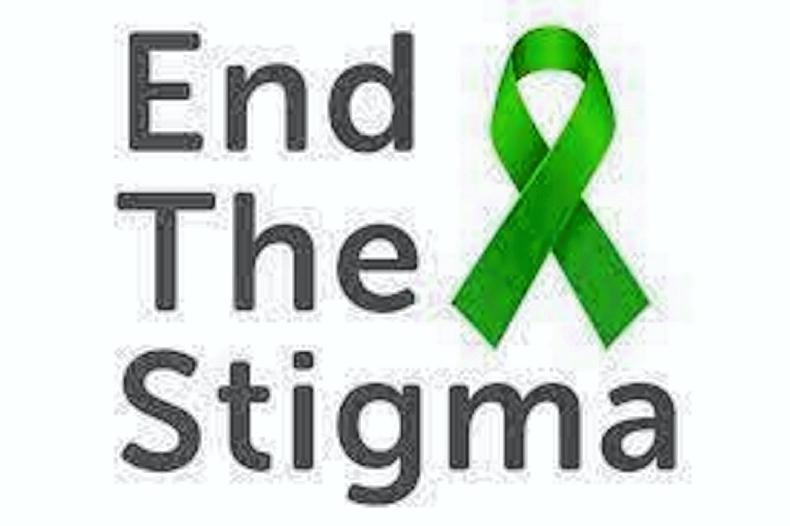ONE in every 100 deaths worldwide is the result of suicide. It can affect every one of us. Each and every suicide is devastating and has a profound impact on those around them.
However, by raising awareness, reducing the stigma around suicide, and encouraging well-informed action, we can reduce instances of suicide around the world.
World Suicide Prevention Day has just passed, and such times are an opportunity to raise awareness of suicide, and to promote action, through proven means, that will reduce the number of suicides and suicide attempts globally.
‘Creating Hope Through Action’ is a reminder that there is an alternative to suicide, and aims to inspire confidence and light in all of us; that our actions, no matter how big or small, may provide hope to those who are struggling.
Preventing suicide is often possible, and you can be a key player in its prevention. You can make a difference to someone in their darkest moments – as a member of society, as a child, as a parent, as a friend, as a colleague or as a neighbour. We can all play a role in supporting those experiencing a suicidal crisis, or those bereaved by suicide.
Suicidal thoughts are complex. The factors and causes that lead to suicide are complex and many. No single approach works for everyone. What we do know is that there are certain factors and life events that may make someone more vulnerable to suicide, and mental health conditions such as anxiety and depression can also be a contributing factor.
People who are suicidal may feel trapped or a burden to friends, family and those around them, and they feel like they are alone and have no options. Events such as Covid contributed to increased feelings of isolation and vulnerability. By creating hope through action, we can signal to people experiencing suicidal thoughts that there is hope and that we care and want to support them.
Reach in
You can help give someone hope by showing that you care. All of us can play a role, no matter how small. We may never know what we do that makes a difference. We can reach in and ask somebody how they are.
You do not need to tell them what to do or you don’t need to have solutions, but simply making the time and space to listen to someone about their experiences of distress or suicidal thoughts helps. Small talk can save lives and create a sense of connection and hope in somebody who is struggling.
Encourage understanding
Stigma is a major barrier to seeking help. Changing the narrative around suicide through the promotion of hope can create a more compassionate society, where those in need feel more comfortable about coming forward to seek help.
We can all do something to live in a world where suicide is recognised, and we can all do something to help prevent it.
Share experiences
The insights and stories of people with a lived experience of suicide can be extremely powerful in helping others understand suicide better, encourage people to reach in to support someone, and for individuals to reach out for help themselves. It’s really important that the person sharing their story knows how to do so in a way that is safe for them and for those who hear their story.
Personal stories of an individual’s experiences of significant emotional distress, suicidal thoughts or attempt, and their experiences of recovery, can inspire hope in others that they too can move through the period of distress or crisis, and their insights can help others understand what it means to feel suicidal and how they can support others.
Individuals sharing experiences of being bereaved through suicide, and how they came to live their new life, can help others experiencing suicidal loss make sense of the devastation of suicide, and believe they will be able to live through, and with, the loss.
What you can do
SUICIDE is a difficult issue to address, and some people may never fully understand why someone would want to take their own life. However, it’s important to know there are things you can do to help prevent it and offer support.
Support is always available and here are some very useful resources. Call Samaritans on 116 123 or email jo@samaritans.ie, available 24/7; call Pieta on 1800 247247 or text HELP to 51444, available 24/7; call the Aware Support Line on 1800 804848 or email supportmail@aware.ie; call the Irish Hospice Foundation Bereavement Support Line on 1800 807077; text YMH to 50808 - a free and anonymous text support service, available 24/7; for information on ending mental health stigma, visit seechange.ie; for information on mental health support and services, visit yourmentalhealth.ie




 This is a subscriber-only article
This is a subscriber-only article
 It looks like you're browsing in private mode
It looks like you're browsing in private mode









SHARING OPTIONS: